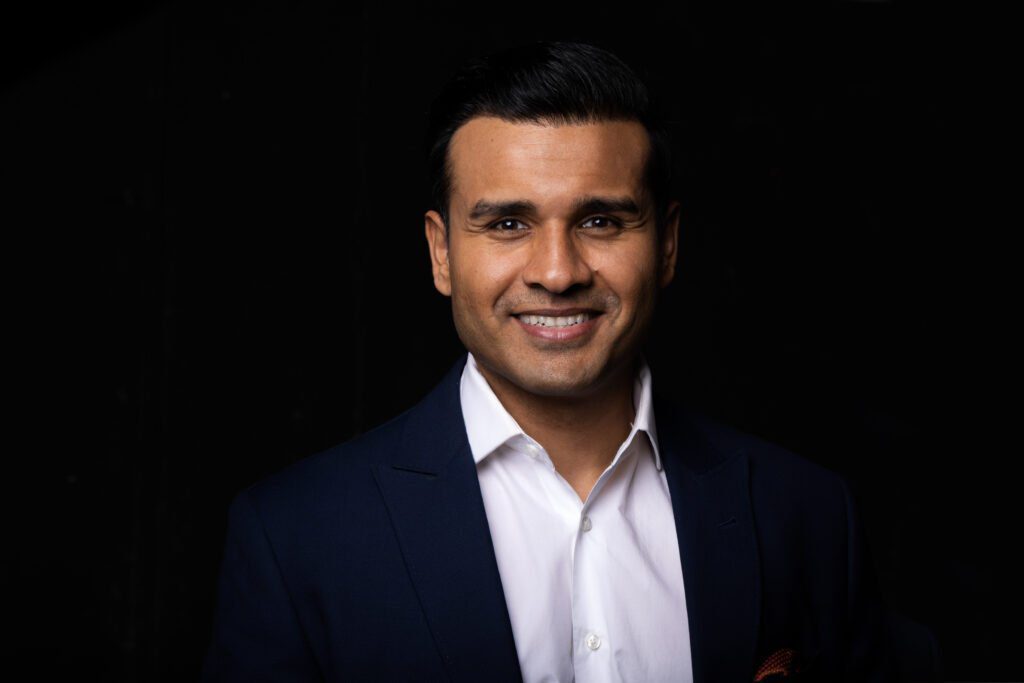With climate change taking center stage globally, the UAE and Saudi Arabia are leading the Arab world’s push toward sustainability. Central to their efforts are carbon credits and fintech innovations, offering new investment opportunities in the green economy. By purchasing carbon credits, businesses can offset emissions while supporting environmental initiatives. The voluntary carbon market in the UAE and Saudi Arabia is set for rapid growth, driven by regulatory backing and rising corporate demand for eco-friendly practices. Investors have the chance to benefit from this green wave as sustainability initiatives take root.
Carbon credits allow businesses to offset their emissions by investing in eco-friendly projects. The voluntary carbon market (VCM), valued at $2 billion in 2022, is forecasted to reach $100 billion by 2030, as noted by PwC and Morgan Stanley. This incredible growth is propelled by climate regulations and corporate sustainability efforts. The UAE’s “Net Zero by 2050” and Saudi Arabia’s Vision 2030 are driving these trends, with both nations attracting significant domestic and international investments. Dubai, in particular, has embraced ESG guidelines, making it a hub for carbon markets and sustainable finance.
Fintech’s Role in Carbon Markets:
Fintech is transforming the carbon credit market by offering transparency and efficiency. Blockchain platforms like Fils ensure carbon credit transactions are secure, traceable, and free of greenwashing. Additionally, AI-powered data analytics enable investors to evaluate the quality of carbon credits in real-time, ensuring capital supports high-impact projects. This fusion of technology and sustainability is unlocking growth for fintech firms, allowing them to scale across various ESG markets.
Carbon pricing plays a pivotal role in driving the demand for carbon credits. In markets such as the EU Emissions Trading System (EU ETS), carbon prices have surged past €100 per ton, pushing companies to offset emissions through voluntary credits. Although carbon pricing in the Arab world is still developing, rising global prices are making voluntary markets an attractive option for businesses in the region. This creates lucrative opportunities for investors as companies increasingly seek to offset emissions.
Investment Potential in MENA:
The Arab world, led by the UAE and Saudi Arabia, is quickly becoming a hub for green finance and sustainability. Dubai’s “Programme for Gaming 2033” and Abu Dhabi’s “AD Gaming” reflect regional efforts to develop sustainable economic ecosystems. Countries such as Egypt, Jordan, and Morocco are also advancing renewable energy projects, contributing to the region’s growth. For investors, this provides a prime opportunity to diversify into sustainable assets and fintech-driven carbon markets.

Nameer Khan
Founder and CEO of Fils
The VCM is expected to surge from $2 billion to $100 billion by 2030, presenting an exceptional opportunity for investors. Alongside the mandatory carbon market, which could hit $5.3 trillion, the scale of carbon credit trading is set to grow substantially. Fintech platforms like Fils are poised to benefit from this growth by making it easier for businesses to access carbon markets, driving returns for investors.
Arab World’s Leadership in Sustainability:
Saudi Arabia’s Public Investment Fund (PIF) is backing the Regional Voluntary Carbon Market Company (RVCMC), which aims to position the Kingdom as a leader in carbon trading. The UAE and Saudi Arabia’s green finance initiatives are inspiring a broader regional movement, attracting international investments into carbon markets and sustainable finance.
Despite the promising growth, investors face challenges, such as navigating regulatory hurdles and cross-border trading complexities. However, strong government support from the UAE and Saudi Arabia is fostering a favorable regulatory environment for fintech and carbon markets. The combination of technological advancements and regulatory backing makes the region a hotspot for investors.


